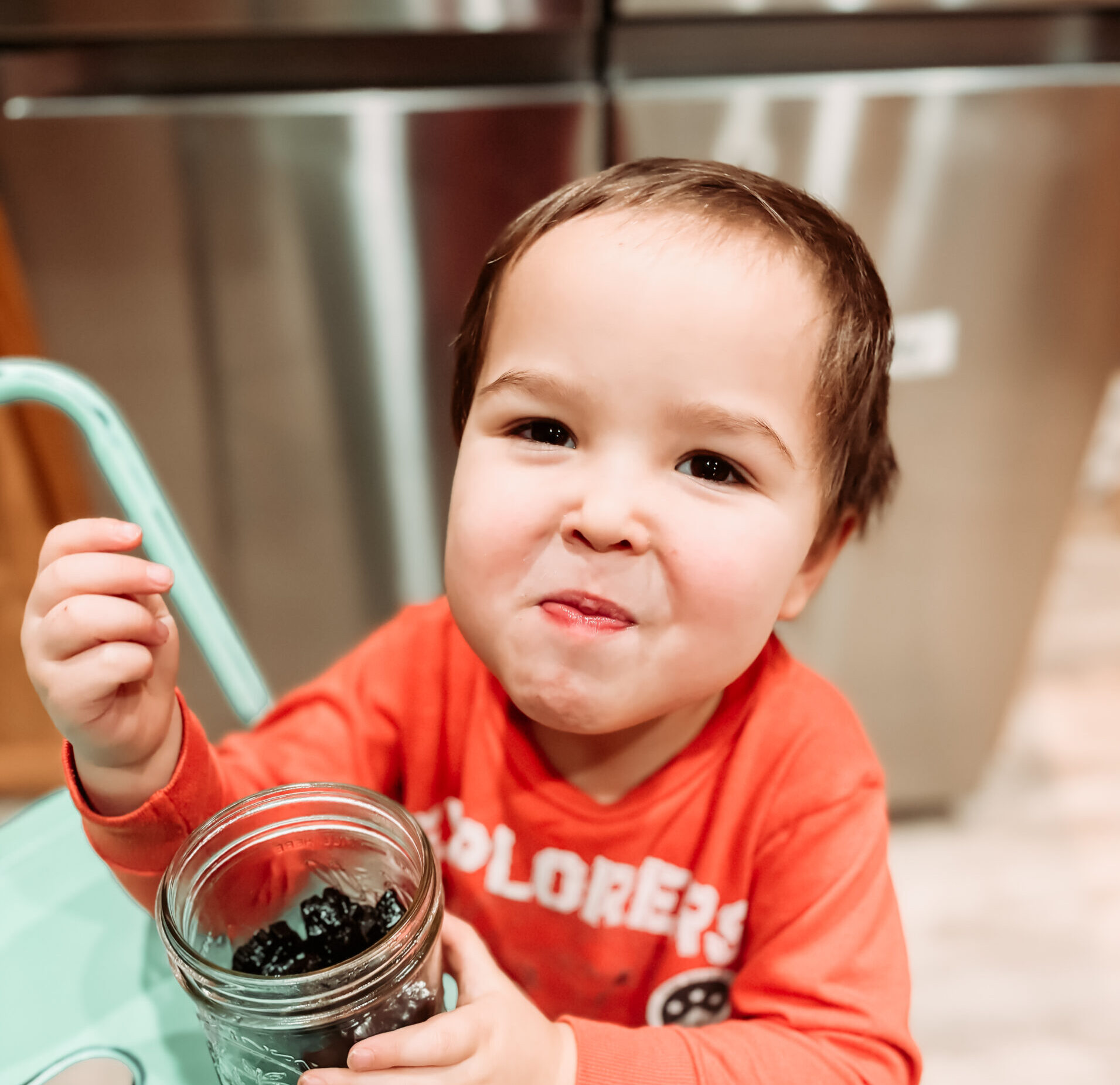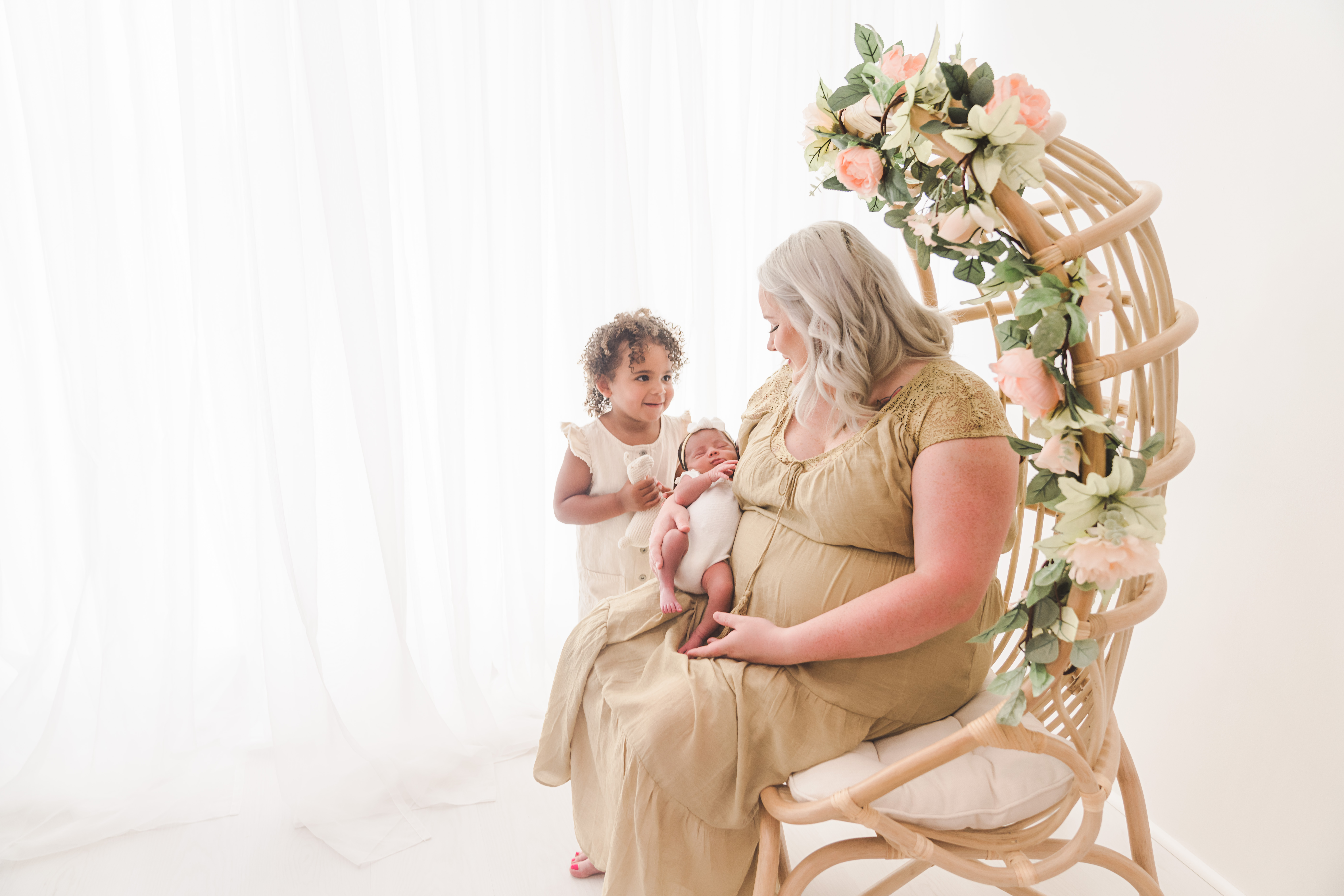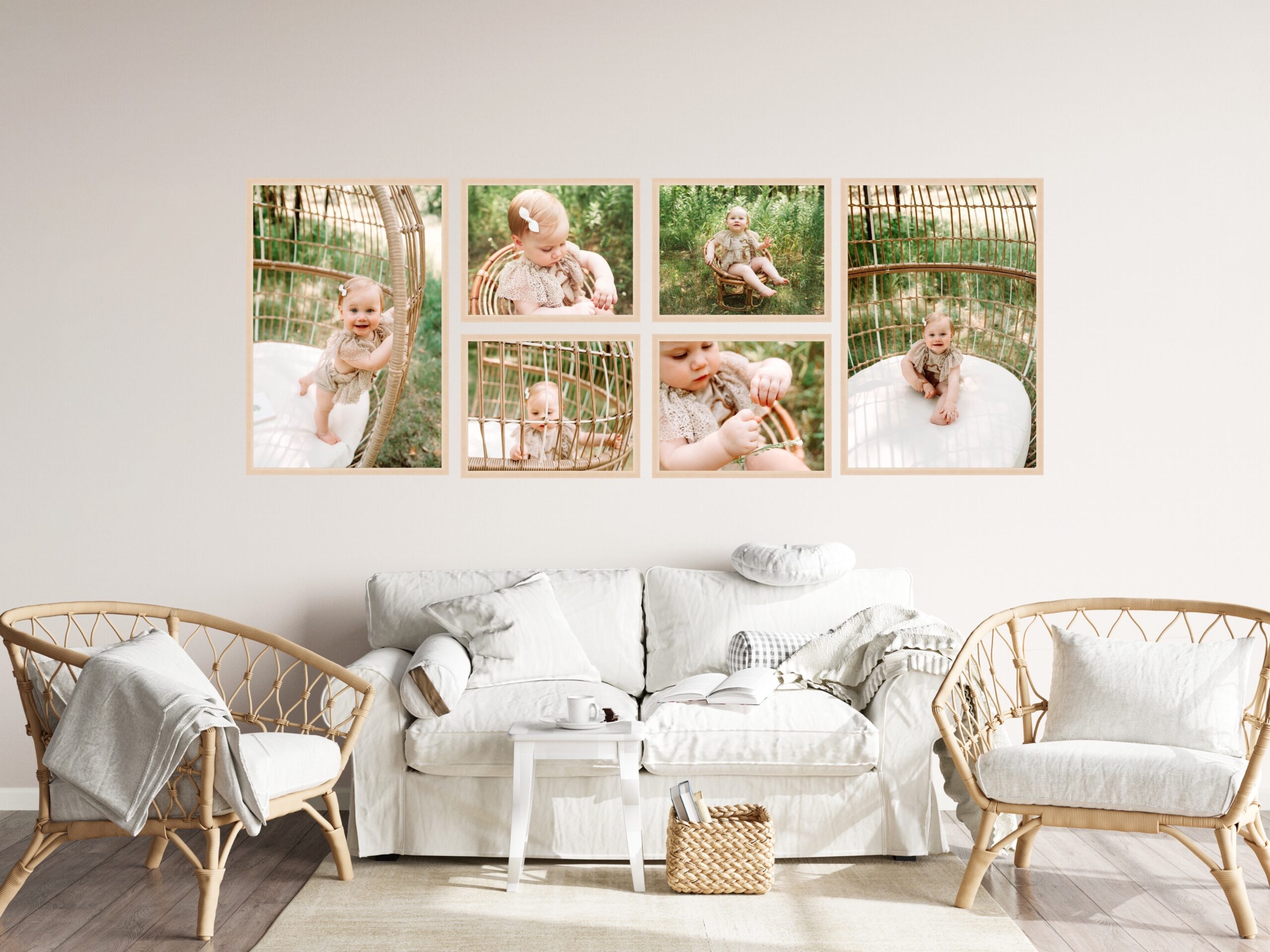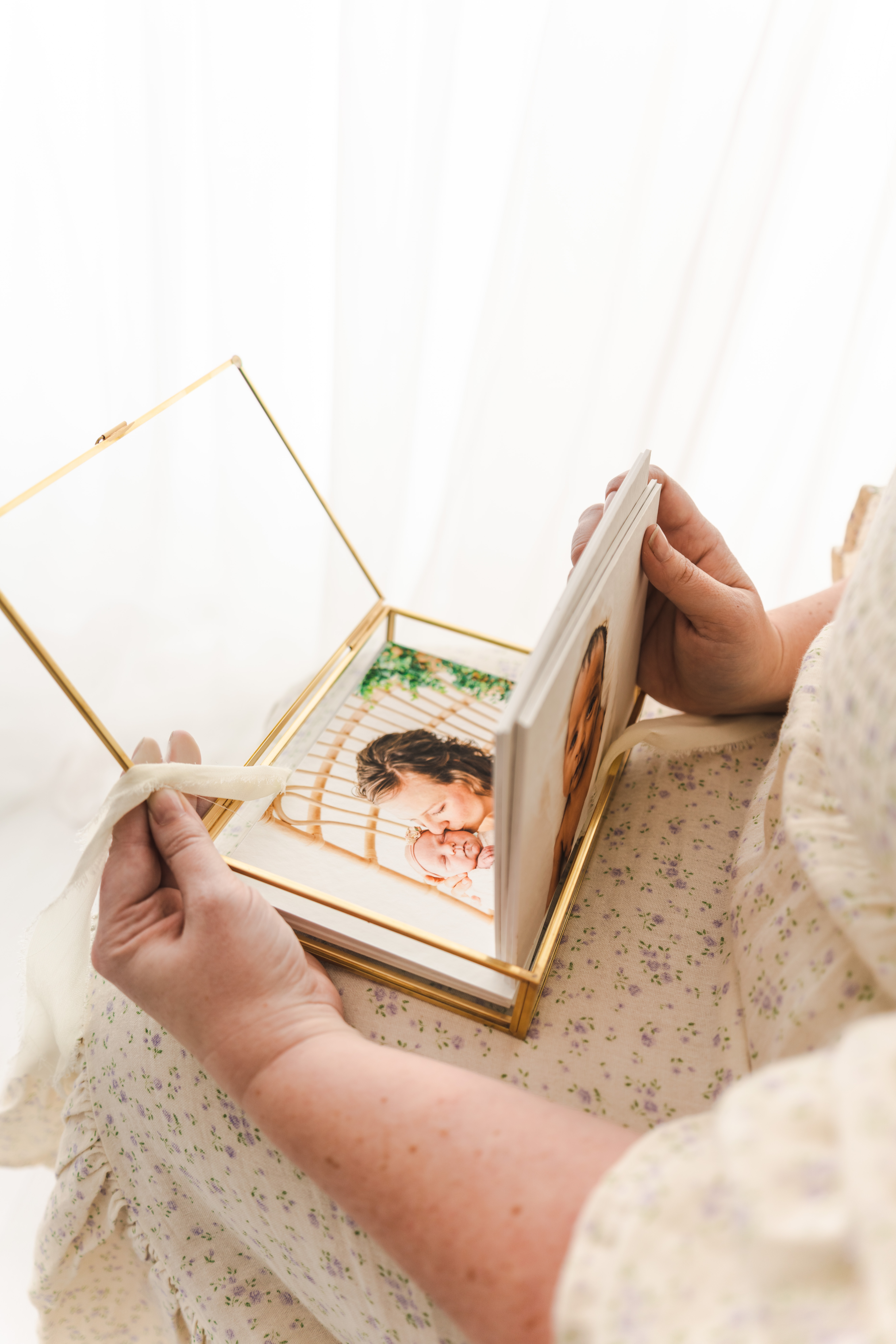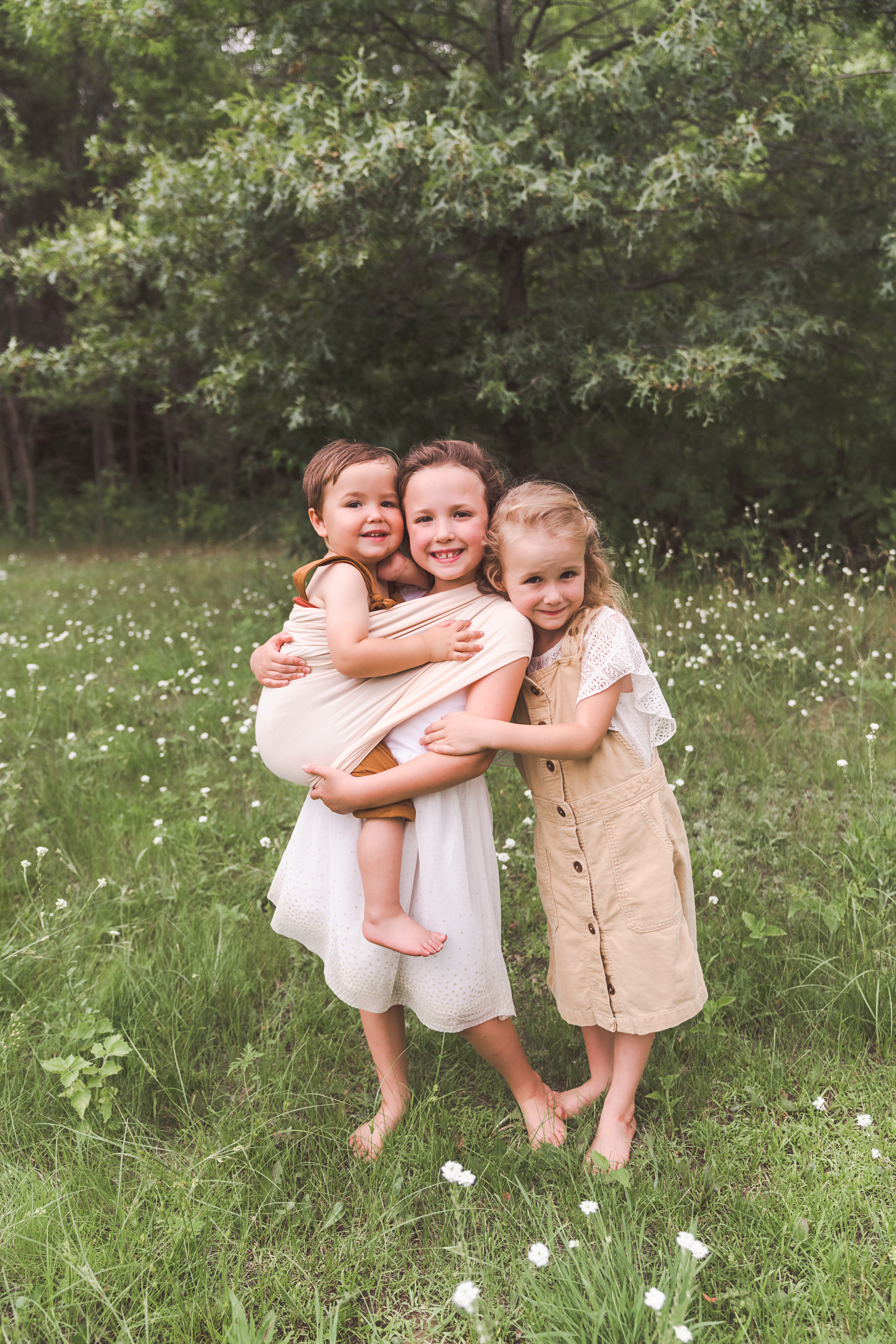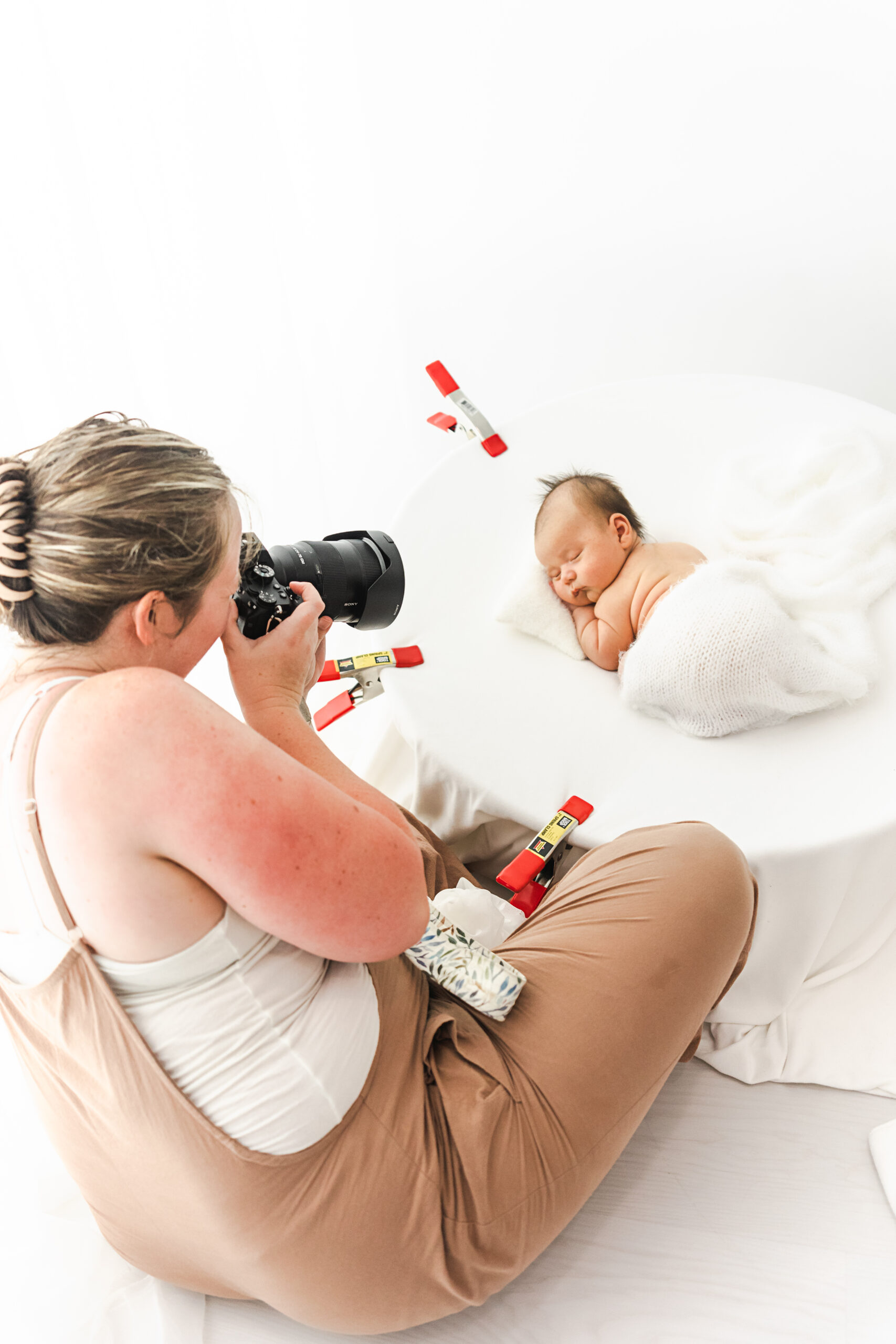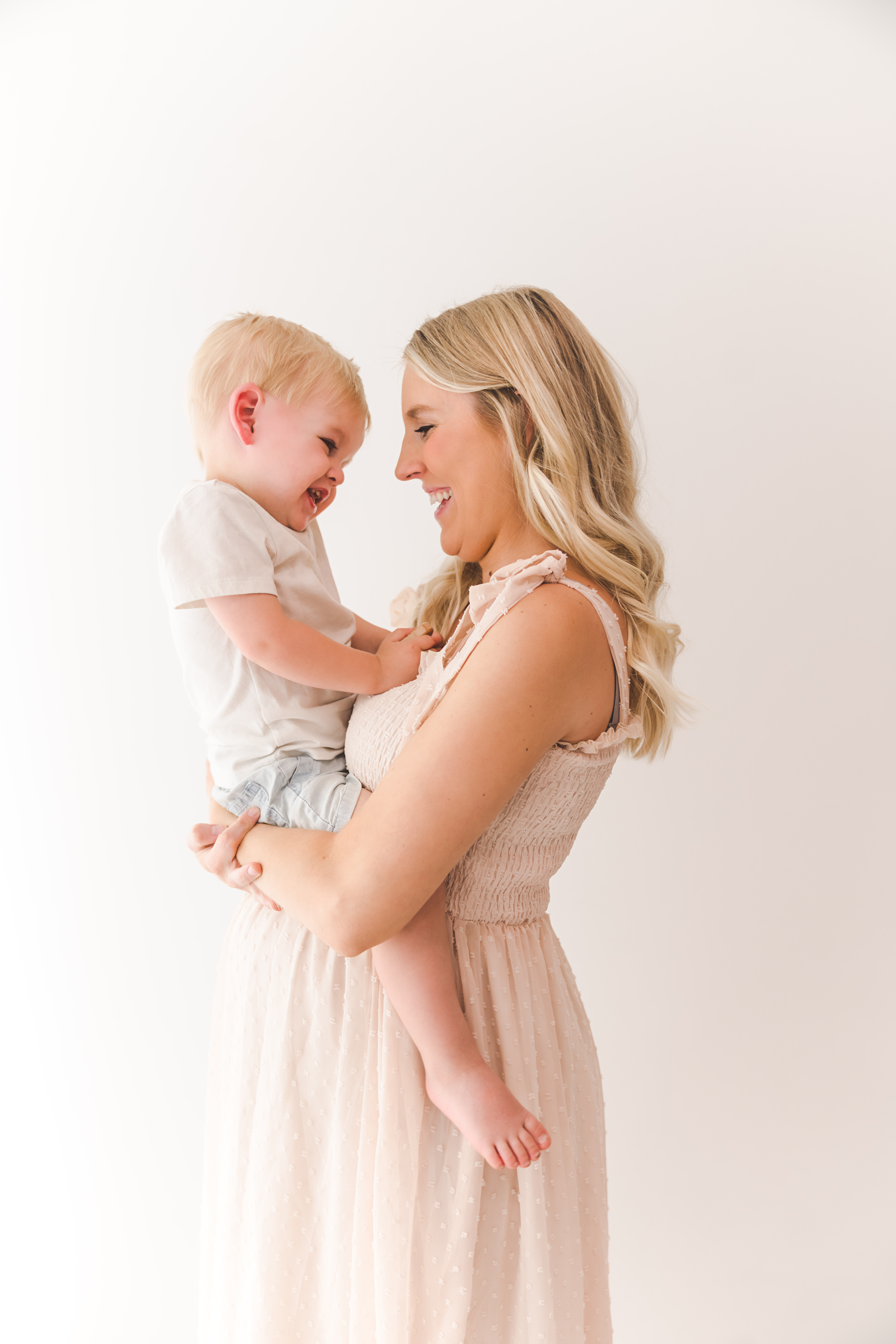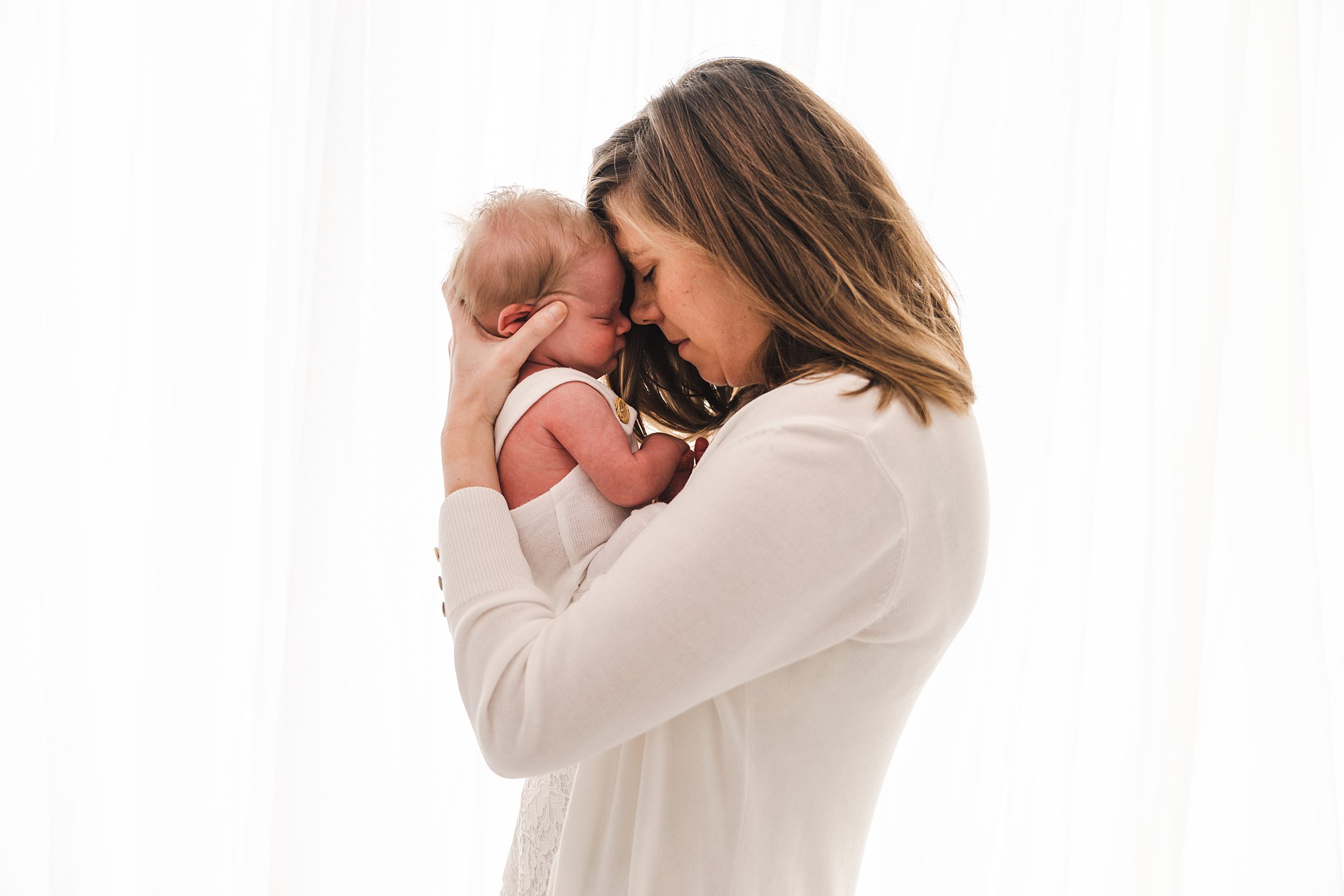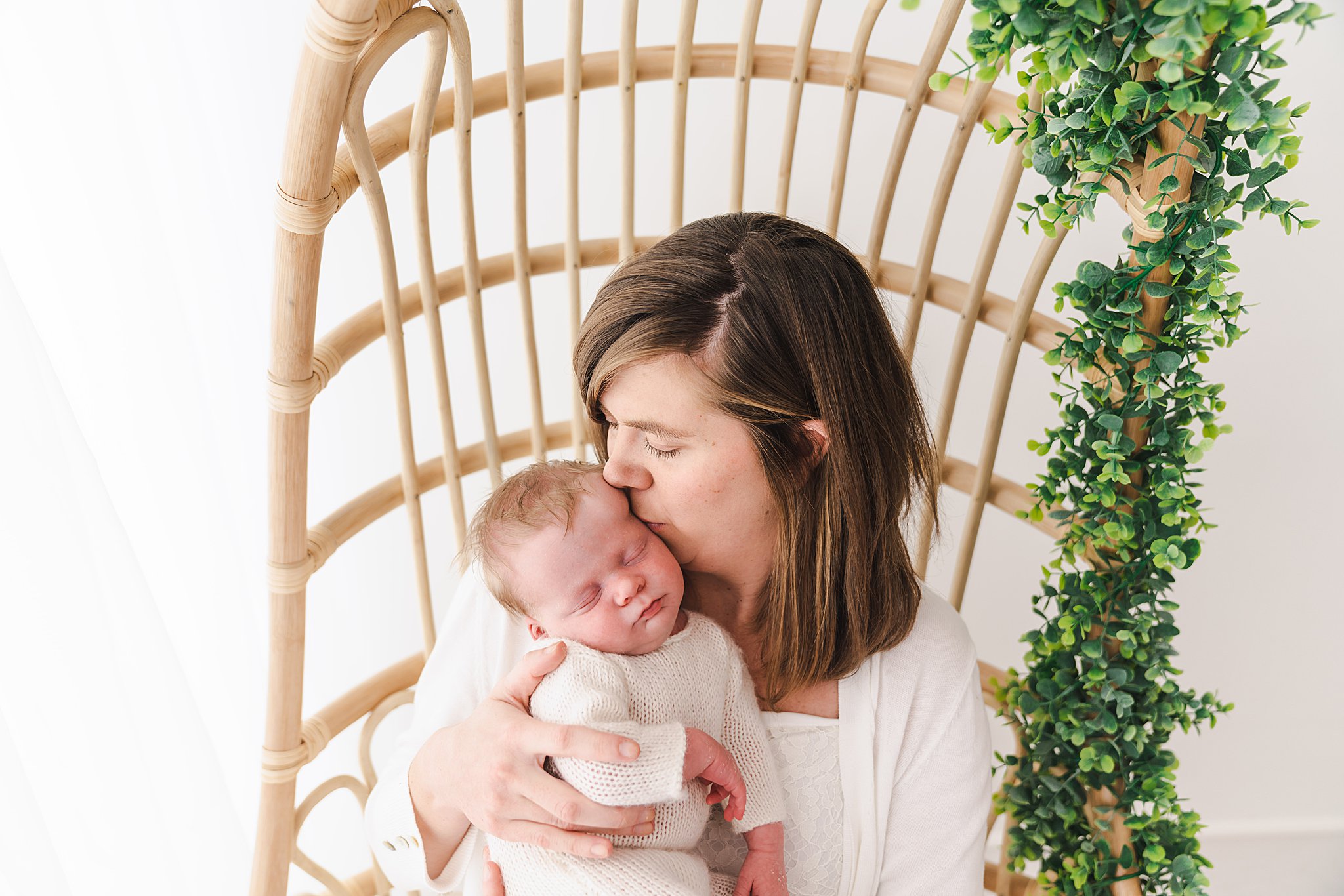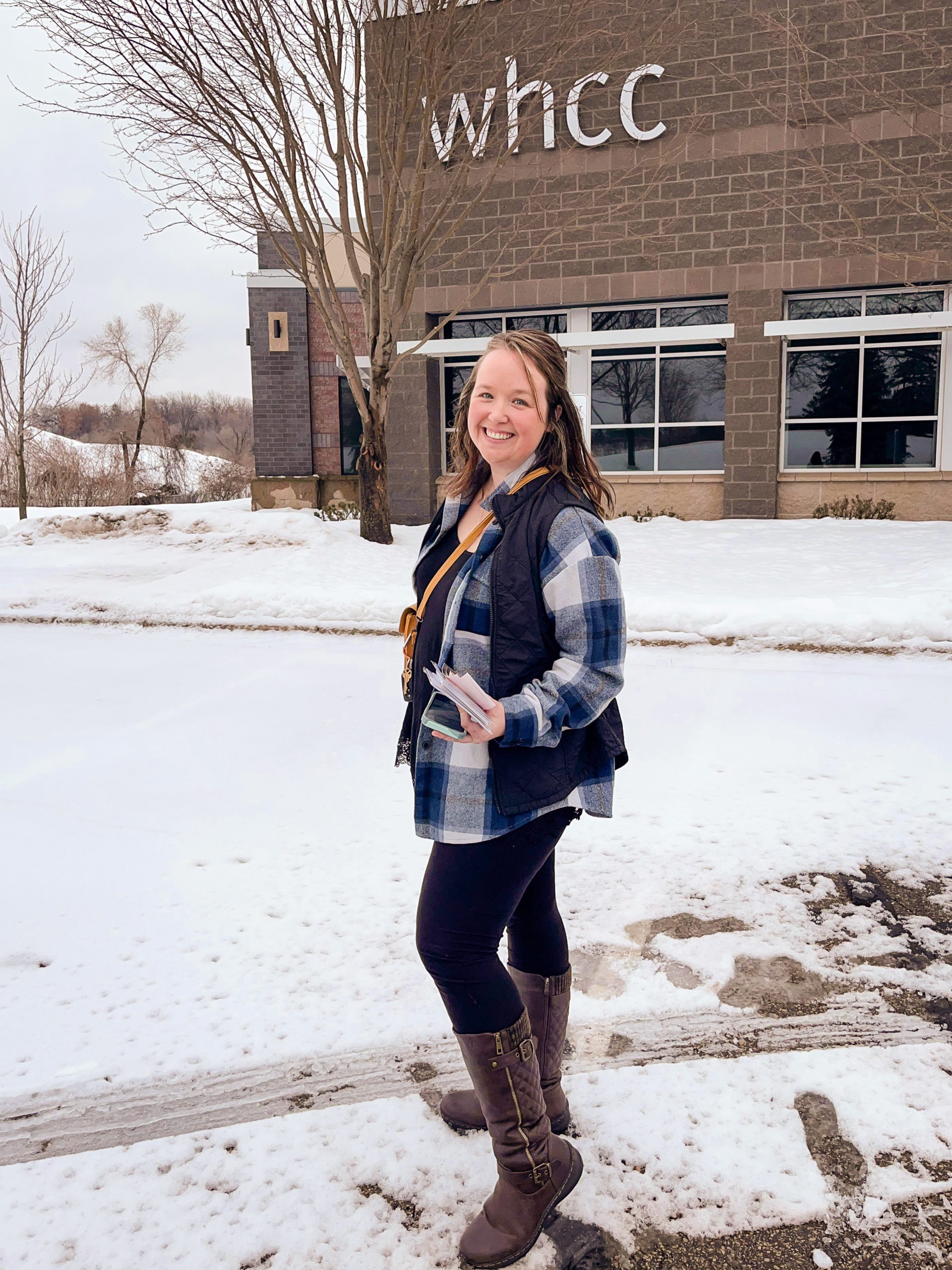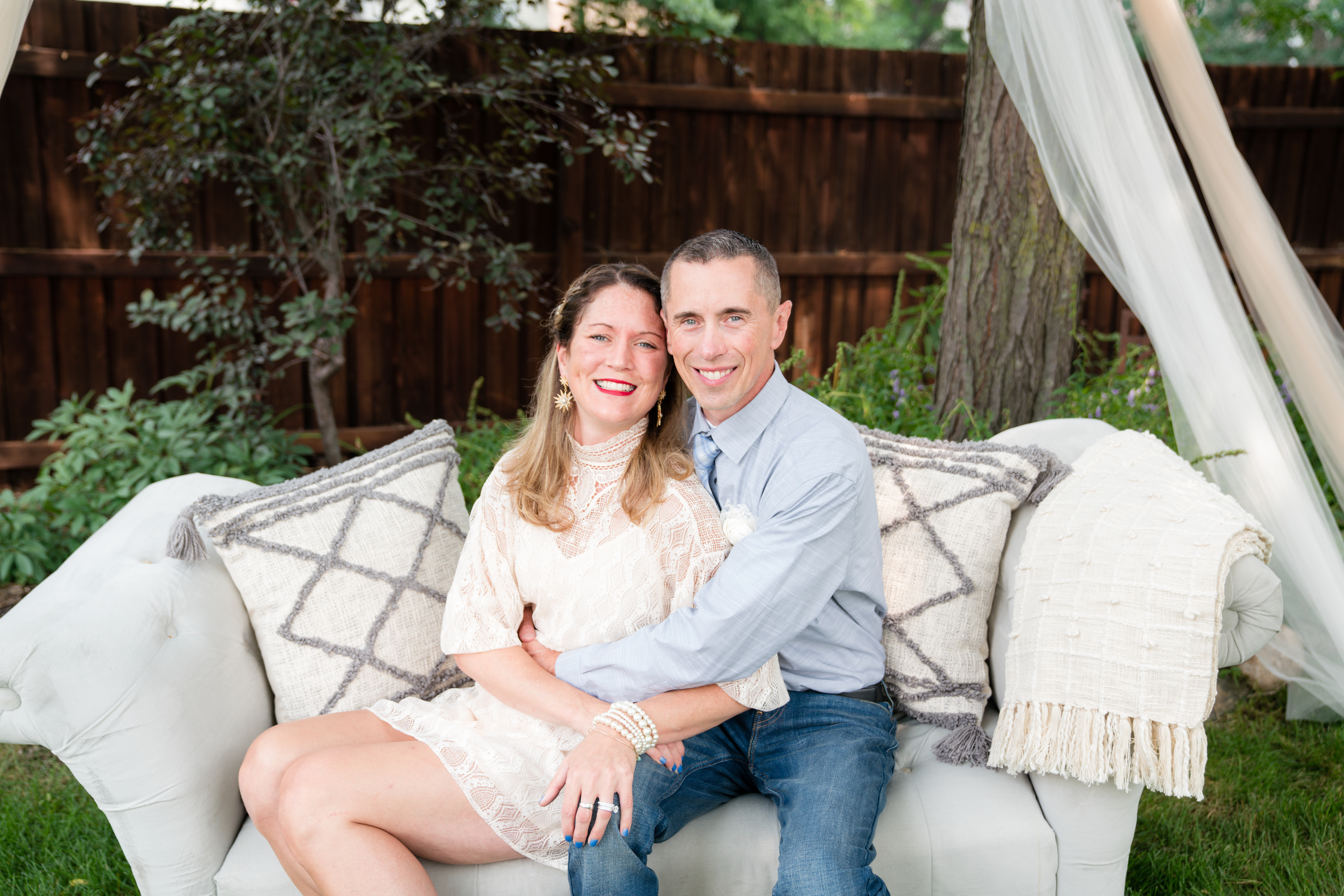Thriving in the Summer: A Letter to Parents with Kids at Home
As parents, summertime can be a tricky season. With the kids home from school, it can be difficult to balance your own work and personal life while also finding ways to keep the kids entertained. Finding ways to thrive during the summer months is essential for families looking to make the most out of this time. As a mom of three and as an educator, I have learned some important tips that I want to share in order to help you make the most of the summer with your kids at home.
Let Them be Little
Summer is the perfect time to let your kids be little and truly enjoy the simple pleasures in life. As a parent, it can be easy to get caught up in trying to fill their days with endless activities and entertainment. But sometimes, the best thing we can do is let them slow down and just be kids.
Encourage them to play outside, explore their imaginations, and have unstructured time to just be silly and carefree. Summer is a great opportunity to let them make memories that they will cherish forever, and it doesn’t have to involve anything extravagant.
Allowing your kids to be little means giving them space to grow, learn and explore at their own pace. Take a step back and allow them to experience life in a way that is meaningful to them. So, if they want to catch fireflies in a jar, run through the sprinklers, or build a fort in the backyard – let them do it! These moments may seem insignificant, but they hold great value in the eyes of your children.
In essence, let them be little because summer is the perfect time to remind them of the joy and magic of childhood. When your kids are older, they will look back on these moments with fondness and remember the freedom and innocence of a time when life was simple. So, take a deep breath, let go of your expectations and watch as your children thrive in the joy of the moment.

Say Yes to Your Kids
By saying yes to your kids, you’re empowering them to explore their creativity, try new things, and take healthy risks. This doesn’t mean you need to let them do whatever they want, but it does mean that you’re open to their suggestions and willing to take a chance on their ideas. Whether it’s building a fort in the backyard or trying out a new recipe in the kitchen, encourage your kids to think outside the box and follow their passions.
When you say yes to your kids, you’re also strengthening your relationship with them. By demonstrating that you trust and support them, you’re creating a positive environment where your kids feel valued and heard. Additionally, saying yes can help foster a sense of independence in your children, allowing them to make decisions and take ownership of their lives.
This also means saying yes when they want to help you cook (whether a mud pie or a real pie) or when they want you to join in a game. You don’t need to say yes every time as you need to set your own boundaries, but make sure you get involved in their activities too!
The Magic of Boredom
As parents, we tend to fill our children’s schedules to the brim, from summer camps to playdates and everything in between. However, allowing our children to experience boredom can actually be a beneficial experience for them.
Boredom allows for creativity and imagination to blossom. When our kids have nothing to do, they have to come up with something on their own, which encourages them to tap into their inner creativity and create something new and exciting.
Furthermore, boredom encourages problem-solving skills. When our kids are left to their own devices, they have to find a solution to their boredom. This teaches them to think outside of the box and develop critical thinking skills.
In addition, boredom promotes independence. Our kids don’t always have to rely on us to entertain them. When they’re bored, they have the opportunity to entertain themselves and rely on their own resources to find something to do.
Creating Structure
As much as summer is about having fun, it’s important to create structure for your children during their break from school. Structure helps kids feel secure, reduces their stress, and creates a routine that helps their bodies and minds rest and rejuvenate. Here are some tips on how to create structure in your children’s summer:
- Schedule in fun activities
Create a weekly or daily schedule that includes planned activities. This can be anything from going to the pool to doing a craft project. Have your children help you plan the activities and give them some choices so they feel invested in what they’re doing. - Set regular meal times
Eating meals at the same time each day can help your children regulate their eating habits and gives them something to look forward to. Encourage your children to help with meal planning and preparation. - Have a snack bucket
This is my favorite trick that I learned during the pandemic. I made healthy snack buckets for my kids so my kids learned how to pace themselves, eat healthily, and could be more independent with their snack times. - Maintain sleep routines
Summer vacation doesn’t mean staying up all night and sleeping all day. Keep bedtimes and wake-up times consistent. This can help reduce the number of grumpy mornings and make the transition back to school easier in the fall. - Give chores and responsibilities
Have your children help with household chores like cleaning or cooking. This will teach them responsibility, and it’s a great way to have them contribute to the household.
Remember, structure doesn’t mean rigidity. It’s important to have some flexibility and spontaneity in your day. You don’t want to miss out on unexpected opportunities for fun. With a little bit of planning, your family can enjoy the summer months while maintaining structure and routine.






